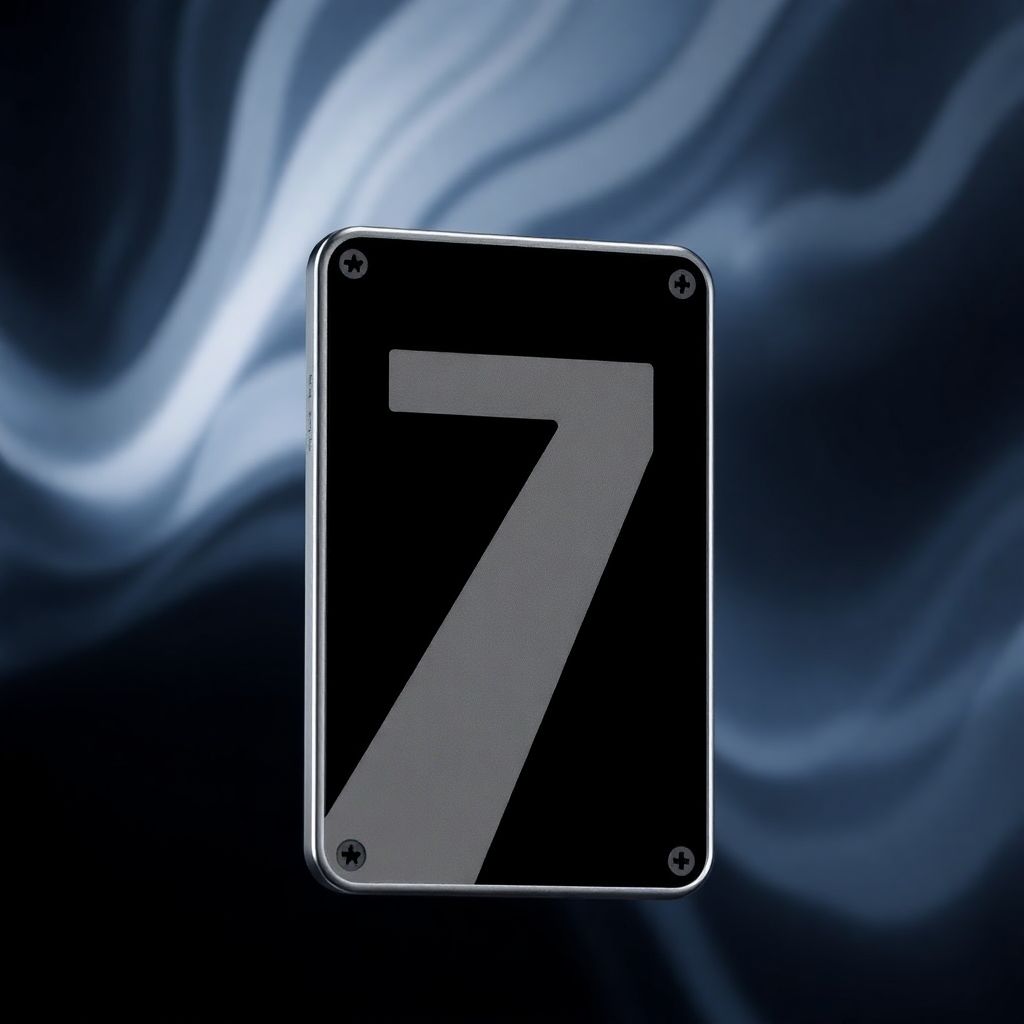Trezor has unveiled its latest innovation in the world of digital asset security — the Safe 7, a cutting-edge hardware wallet engineered to meet both present and future cybersecurity demands. This new device introduces two groundbreaking features to the market: a fully transparent secure element and a quantum-resistant architecture, setting a new standard for hardware wallet design and functionality.
At the core of the Safe 7 lies TROPIC01, the industry’s first secure element that is completely open to public scrutiny. Unlike traditional proprietary chips, which have long been criticized for lacking transparency, TROPIC01 allows independent experts and the broader crypto community to audit its design and implementation. This level of openness addresses a crucial trust gap that has existed in the hardware wallet industry, where users have often been forced to place blind faith in the security of closed-source components.
In addition to transparency, Safe 7 is engineered to withstand future threats posed by quantum computing. Its quantum-ready framework ensures that the wallet can accommodate cryptographic upgrades necessary to resist attacks from quantum processors, which are expected to render current encryption methods obsolete. The device includes a quantum-secure bootloader, enabling safe firmware updates once post-quantum cryptographic standards are developed and adopted.
The Safe 7 is constructed using a dual-chip design. This architecture separates sensitive operations, such as key storage and transaction signing, from less secure processes, minimizing the attack surface and enhancing overall protection. Users authorize transactions via a 2.5-inch high-resolution touchscreen, which provides a secure and intuitive interface for confirming actions.
Beyond its internal architecture, the Safe 7 is built for durability and convenience. The hardware wallet features a robust aluminum unibody encased in Gorilla Glass, offering both a sleek design and strong resistance to physical damage. It also carries an IP54 rating, making it resistant to dust and water splashes — ideal for users who demand both portability and ruggedness.
For wireless connectivity, Trezor has integrated Bluetooth Low Energy technology, allowing users to manage their assets through smartphones and other devices without compromising security. The device also supports Qi2 wireless charging, eliminating the need for cables and enhancing ease of use.
In terms of compatibility, the Safe 7 supports thousands of cryptocurrencies, including Bitcoin, Ethereum, and a wide array of altcoins. It also facilitates staking and integrates seamlessly with the Trezor Suite platform, through which users can access third-party applications, monitor portfolio performance, and manage digital assets more effectively.
The wallet is available in two versions: a Charcoal Black edition and a Bitcoin-only model, both priced at $249. This pricing positions it competitively within the premium hardware wallet segment while offering unmatched features for users prioritizing long-term security.
The launch of Safe 7 comes amid growing global concern about the implications of quantum computing. As the technology advances, cybersecurity experts warn that quantum machines could eventually decrypt today’s standard encryption algorithms, potentially compromising encrypted data across healthcare, finance, government, and the blockchain itself.
David Carvalho, CEO of Naoris Protocol, emphasized the urgency of this issue, noting that “Harvest-Now-Decrypt-Later” attacks are already being conducted. In these scenarios, malicious actors collect encrypted data today with the expectation that future quantum computers will be able to decrypt it. This emerging threat landscape has prompted the crypto industry to begin preparing for a quantum future — and Trezor is clearly positioning itself at the forefront of that movement.
Trezor CTO Tomáš Sušanka highlighted that transitioning to post-quantum cryptography is not a matter of “if,” but “when.” By embedding a quantum-ready bootloader, the Safe 7 ensures that users will be able to upgrade their device’s cryptographic protocols without replacing the hardware.
The push toward quantum resilience is not exclusive to Trezor. Other companies, such as Qastle, are also developing post-quantum technologies, signaling an industry-wide pivot toward long-term digital asset protection. These initiatives reflect broader awareness that quantum computing, while still in its developmental phase, poses a credible threat to blockchain security.
As the cryptocurrency ecosystem matures, hardware wallets like the Safe 7 play an increasingly critical role in safeguarding digital wealth. Unlike hot wallets, which remain connected to the internet and are thus more vulnerable to hacks, hardware wallets provide an offline, air-gapped environment for storing private keys. With the addition of quantum readiness and transparent hardware, Trezor is raising the bar for what users should expect in terms of both usability and protection.
For institutional investors and high-net-worth individuals, the importance of having a future-proof custody solution cannot be overstated. As regulators begin to scrutinize how digital assets are stored and managed, the demand for auditable, secure, and upgradeable hardware wallets is likely to surge. Trezor’s Safe 7 appears well-positioned to meet these evolving needs.
Another key advantage of the Safe 7 is its open-source philosophy. By making both its software and hardware design publicly available, Trezor invites independent audits and fosters a culture of transparency. This stands in contrast to competitors who often rely on closed ecosystems, limiting user control and peer review.
Moreover, the emergence of quantum computing technologies could also reshape the regulatory landscape. Governments may eventually mandate post-quantum security standards for digital asset storage, and early adopters like Trezor will already be compliant or close to it, giving them a competitive edge.
Looking ahead, the Safe 7 may serve as a blueprint for the next generation of cryptocurrency hardware wallets. The fusion of transparency, quantum resistance, and user-centric design not only addresses current pain points but anticipates tomorrow’s challenges. As more users become aware of the risks posed by quantum computing and closed-source hardware, demand for solutions like Safe 7 is expected to grow.
In summary, Trezor’s Safe 7 represents a significant evolution in digital asset security. By offering a transparent secure element and quantum-ready infrastructure, it provides users with peace of mind in an increasingly complex threat environment. As the crypto market continues to expand and evolve, innovations like these will be essential in maintaining trust and ensuring long-term asset protection.

